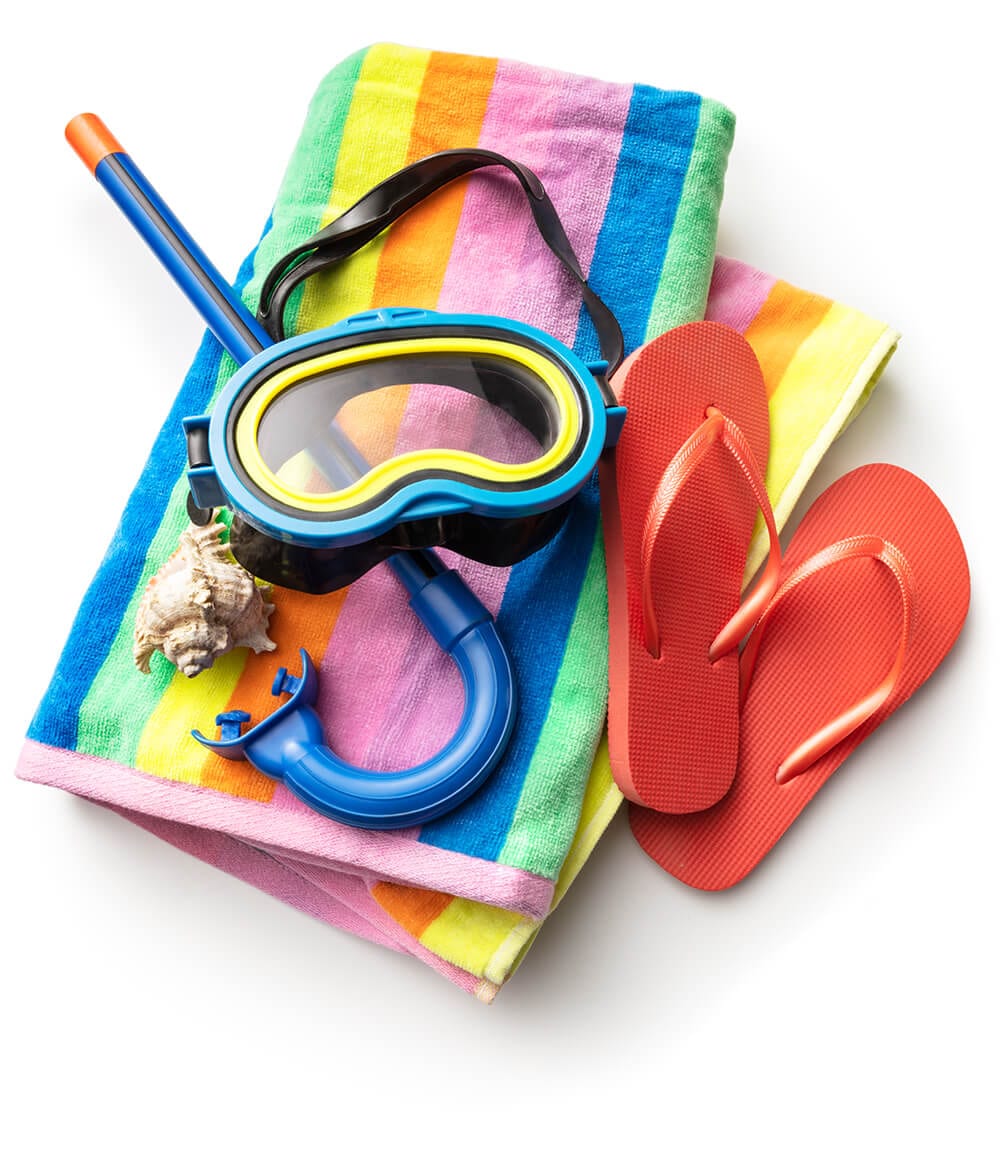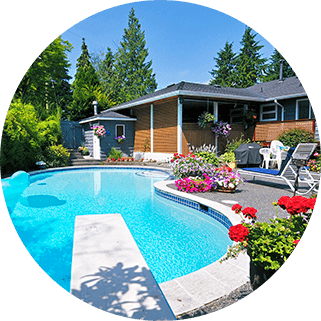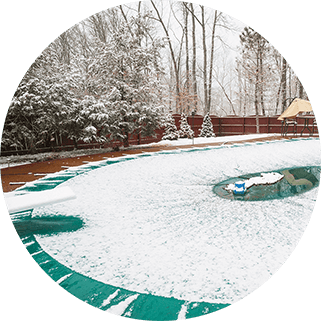Want to save money? View our current promotions!
What Can Sparkle Pool Service Inc. Do For You?
From custom pool & spa installs to full backyard retreats we can design & build your dream backyard oasis! We also are the leader in pool service including pool closing and pool openings. Call us today and let us know how we can help!


Why Sparkle Pool Service Inc.?
Approved by the Department of Environmental Health.
Utilizing the exclusive SPARKLE WATER TREATMENT SYSTEM assures you that only the highest quality chemicals are administered to your swimming pool by our highly qualified staff. Because of our large customer base, we are able to offer this service at a most competitive price! Most of our customers tell us that on an annual basis we actually SAVE them money because we can service their pools for about what it costs them for the chemicals alone!
Our Areas Of Service!
Andover, Anoka, Arden Hill, Apple Valley, Bethal, Blaine, Bloomington, Brooklyn Center, Brooklyn Park, Burnsville, Centerville, Champlin, Chanhassen, Chaska, Circle Pines, Columbia Heights, Columbus, Coon Rapids, Cottage Grove, Crystal, Dayton, Deephaven, Dellwood, Eagan, East Bethel, Eden Prairie, Edina, Elk River, Excelsior, Forest Lake, Fridley, Golden Valley, Greenwood, Ham Lake, Hastings, Highland Park, Hopkins, Hugo, Inver Grove Heights, Lake Elmo, Lakeville, Lexington, Lino Lakes, Little Canada, Long Lake, Mahtomedi, Maple Grove, Maplewood, Medina, Mendota Heights, Minnetonka, Minnetrista, Mounds View, New Brighton, New Hope, Newport, North Oaks, Nowthen, Oak Grove, Oakdale, Orono, Osseo, Otsego, Plymouth, Prior Lake, Ramsey, Richfield, Robbinsdale, Rogers, Rosemount, Roseville, Savage, Shakopee, Shoreview, Shorewood, Spring Lake Park, St Anthony, St Louis Park, St Paul, Stillwater, Vadnais Heights, W St Paul, Wayzata, White Bear Lake, Woodbury, Zimmerman.


What Our Clients Are Saying!

Let's Talk about How We Can Help You!
If you are interested in service with Sparkle Pool Service, Inc., and are within our service area please complete the form to the right. If you are not in our service are, you can check the full list of Nationwide Sparkle Water Treatment System Providers to find a service professional in your area.

13779 Ibis St NW,
Andover, MN 55304
Phone: 763-427-6766
Email:
Main email
info@sparklepoolmn.com
Store inquiries
retail@sparklepoolmn.com
New build inquiries
newpools@sparklepoolmn.com
Repair inquiries
repair@sparklepoolmn.com
Store Hours:
M-F 10AM-6PM,
S-S 10AM-4PM
Office Hours(Phone):
9AM - 5PM
Referral Program
For every friend you send to us, You will receive 2 weeks of free service once they have been on service for the rest of the season.
We are offering a $500 in-store credit at Sparkle Pool or Country Side Services for any new pool that we install that you have referred to us.
Now Available
Equipment repair and replacement, liners, and auto covers are no problem. You will be able to have all your service needs taken care of with 1 call! Please contact us for details.
Enter your information below!






